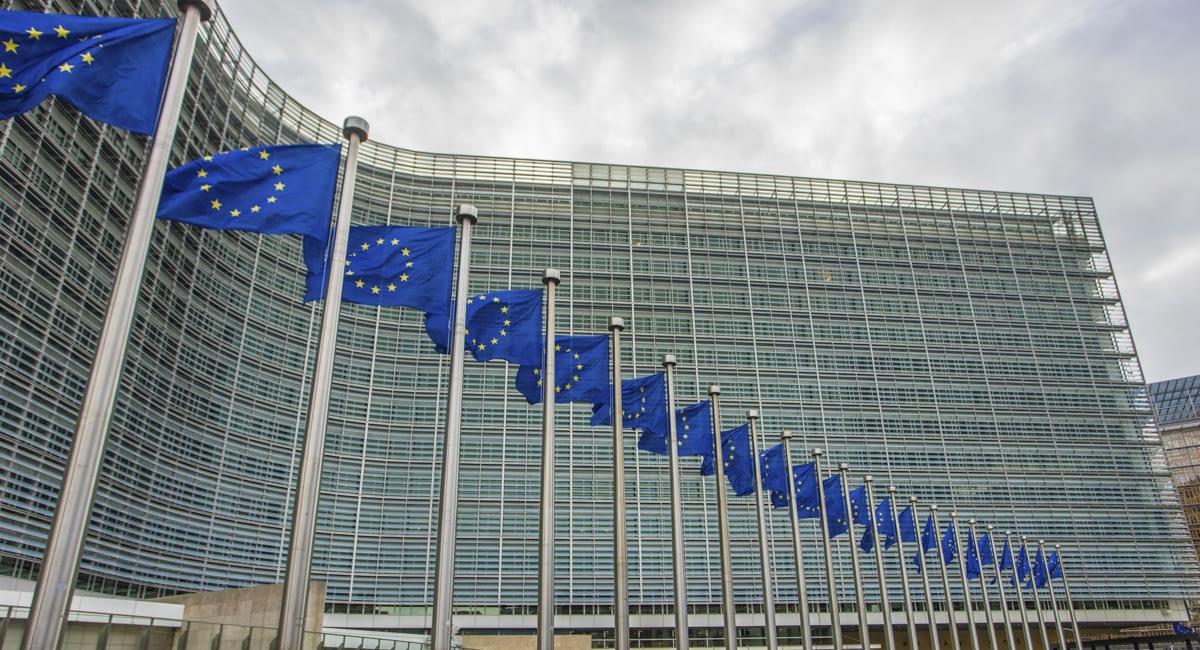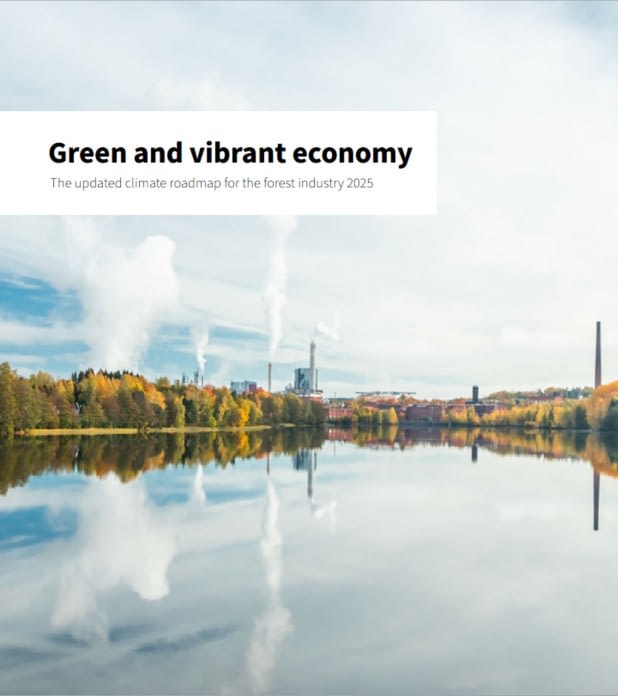I took part in the UN COP30 climate conference in Belém, Brazil, as a member of Finland’s informal delegation. I could not follow the negotiations all the way to the end, but after the usual final-hour tensions, the conference wrapped up over the weekend.
This year, the strength and impact of the climate conference were widely questioned in advance, as the United States stayed outside the agreement and the EU’s climate policy is no longer what it used to be. Nevertheless, an agreement was reached again this year, ensuring continued international pressure to advance climate action. That continuity is essential.
From the perspective of the Finnish forest sector, a positive development was the inclusion of a reference to sustainable, renewable bioeconomy in the EU’s negotiation positions—an issue in which Finland and Sweden have played an important role.
The final COP decision text contains only a few references to forests, but the provisions related to sustainable forest management appear to have made their way into the so-called mitigation paper. These references are clearly more forest-friendly—and more precise—than what we have been used to seeing.
The text highlights the role of forest management in mitigating climate change. This represents a significant narrative shift: the forest sector is increasingly viewed as a provider of solutions rather than problems—an industry offering tools, practices, and products that support global climate action.
From a Finnish perspective, it was also noteworthy to observe Brazil’s strong push to bring the bioeconomy agenda to the forefront. With Brazil’s initiative, efforts have been made to carve out more space for bioeconomy perspectives within international frameworks such as the UN and the G20. For Finland, it is important to emphasise within this agenda the role of forest management and the need to increase higher value-added production.







